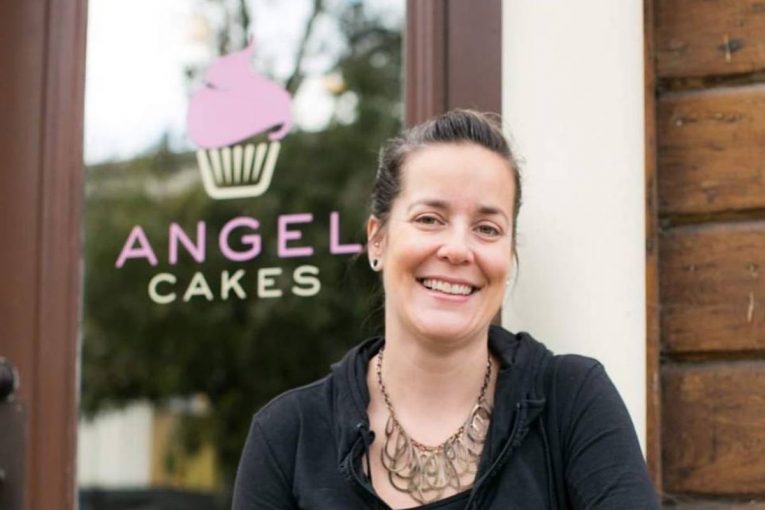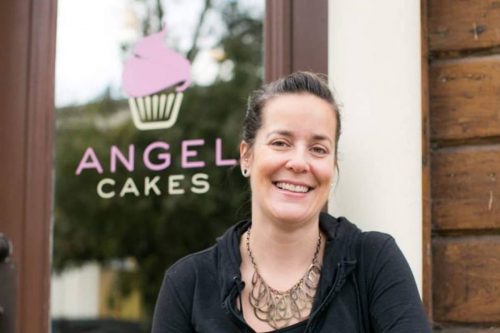

![]()
By Gibran Khalil
OAKLAND, CA – On February 9th, beloved baker Jen Angel, owner of Angel Cakes bakery in Oakland, died from injuries suffered following a robbery at Wells Fargo in Downtown Oakland. Jen was in pursuit of the vehicle following the robbery when her clothes were caught by the car, leaving her critically injured. She died three days after the incident from injuries to her brain. Angel was known for her great baked treats but also as an organizer for the Anarchist Book Fair and Occupy Wall Street movement and her life’s dedication to creating social change within her community.
In a GoFundMe statement generated to raise funds for her medical bills, Jen’s close friends and family wrote that they believe Jen would not want to see her perpetrators jailed. Emily Harris, a close friend of Angel and a member of the National Advisory Board for the Prison Creative Arts Project, stated “we know that if the people who cause her harm are sent to jail, all we’re doing is perpetuating more harm.” As the Chronicle details, “her family and friends underscored what they said was her desire to eschew punishment if anyone were to be implicated in her death, writing that the family was committed to pursuing all the available alternatives to imprisonment.”
Her friends further wrote that, “as a long time social movement activist and anarchist, Jen did not believe in state violence, carceral punishment, or incarceration as an effective or just solution to social violence and inequity.” Such principles were grounded in a deep understanding and practice of restorative justice for Jen. These values meant calling for “alternatives to traditional prosecution” and her friends and family further called for people to “not use Jen’s life legacy of care and community to further inflame narratives of fear, hatred, and vengeance. Jen would not want to advance putting public resources into policing, incarceration, or other state violence that perpetuates the cycles of violence that resulted in this tragedy.”
For Jen and her community, restorative justice was not only about calling for alternatives to prosecution. Jen was a committed abolitionist, calling for the end of prisons given their lack of efficacy and morality in bringing about actual justice. For this community and many more, proper accountability and healing is more appropriately met by prioritizing survivors’ needs and healing and having them dictate the process of accountability, which the criminal justice system does not do. Jen herself has made a commitment to restorative justice principles before: in 2019, a car crashed into her bakery, causing extensive damage. Rather than involving the police, she turned towards her community through fundraisers, support and guidance, which allowed her to repair her business.
In a time of increased police funding in the Bay Area and discussion around the role of restorative justice both within and outside the criminal legal system, Jen’s life, death, and her community have shown us what can be achieved by taking steps away from the criminal justice system and towards community-based forms of justice. As her community provides support, they will continue to show exactly how restorative justice can be practiced.
Gibran is a senior at UC Berkeley studying Political Science and Ethnic Studies. He is originally from the Los Angeles area, and enjoys watching and playing soccer, listening to music, and discovering new food spots in his free time.